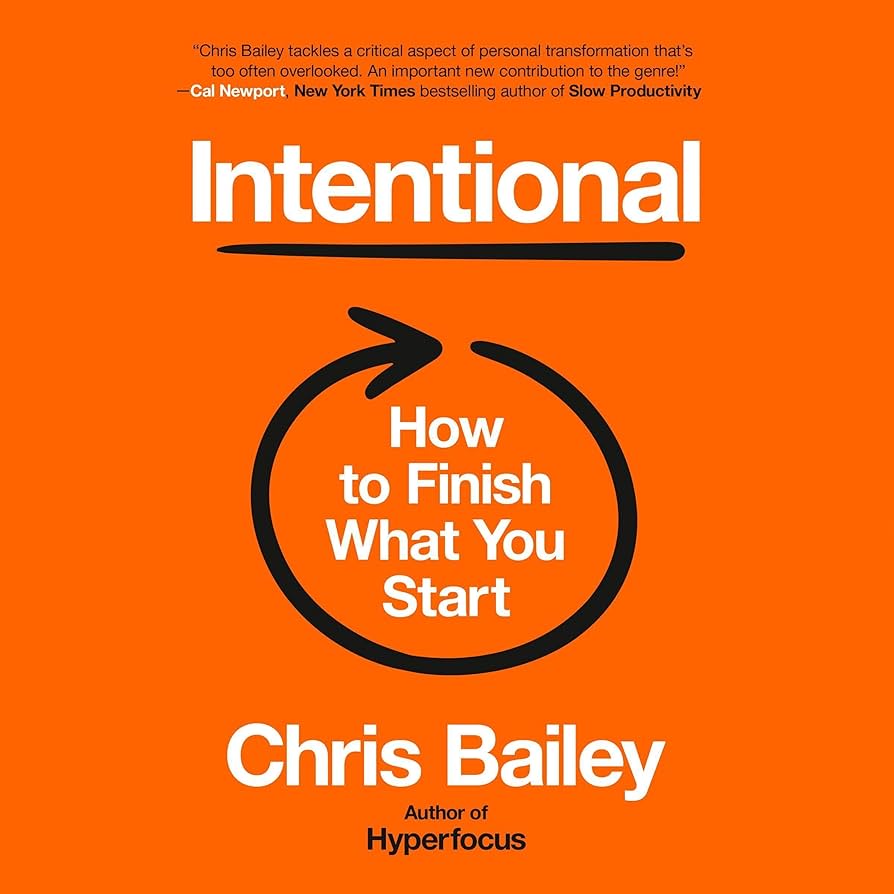"Truly I tell you, whatever you bind on earth will be bound in heaven, and whatever you loose on earth will be loosed in heaven. Again, truly I tell you, if two of you agree on earth about anything you ask, it will be done for you by my Father in heaven. For where two or three are gathered in my name, I am there among them." — Matthew 18:18-20
Different Homes, Different Rules
My kids periodically come home indignant. "Why can't I have a phone? Lily has one!" "Xander's parents let him play that game!" "Everybody else gets to stay up until ten!"
My response is always the same: "Well, we're not Lily's parents, and we're not Xander's parents. Different homes have different rules."
This usually doesn't satisfy them. But it highlights something crucial: rules don't enforce themselves. A rulebook sitting on a shelf has no power whatsoever. What makes a rule actually matter is whether someone with the ability to enforce it decides it matters in this particular context.
The Constitution of the United States is a perfect example. It's not authoritative because of anything inherent in the text itself. It's authoritative because the U.S. government has the power to enforce it and (usually) chooses to do so. Try invoking the U.S. Constitution in Australia. Or on the moon. Suddenly that "authoritative" document has no authority at all—because there's no community with the power and will to enforce it.
Books don't have authority. Communities do.
The Authority Nobody Talks About
Here's something that should be obvious but somehow isn't: the Bible never calls itself authoritative.
Inspired? Yes. Useful? Absolutely. God-breathed? That's in there. But "authoritative"? The word doesn't appear in the Bible's self-description.
What the Bible does talk about is authority being given to people.
In Matthew 16:18-19, Jesus tells Peter: "I will give you the keys of the kingdom of heaven; whatever you bind on earth will be bound in heaven, and whatever you loose on earth will be loosed in heaven."
In Matthew 18:18-20, he extends this binding and loosing authority to the gathered community: "Whatever you bind on earth will be bound in heaven, and whatever you loose on earth will be loosed in heaven... where two or three are gathered in my name, I am there among them."
In John 20:21-23, the risen Jesus tells his disciples: "As the Father has sent me, I am sending you... If you forgive anyone's sins, their sins are forgiven; if you do not forgive them, they are not forgiven."
These passages don't say "The Bible is authoritative and you must obey it." They say authority is given to people—to communities of people gathered in Jesus' name, empowered by the Spirit to discern, to bind, to loose, to forgive.
What "Authoritative" Really Means
When someone says the Bible is authoritative, what they actually mean is this: "A community of people has decided that this collection of ancient texts will serve as the standard by which we make decisions and structure our common life."
That's it. That's all "authoritative" means.
It's not a magical property of the text itself. It's a social contract. A communal commitment. A decision that this particular portable library will function as a reference point for a particular group of people.
And if you're not part of that community, well, then, the Bible isn't authoritative for you. Just like the U.S. Constitution isn't authoritative in Madagascar, or like Xander's household rules don't apply in my house.
This doesn't diminish the Bible's significance. But it does locate authority where it actually lives: in communities of people, not in ink on pages.
The Weapon of "Biblical Authority"
Once you understand this, you'll start noticing something troubling.
When someone thunders "The Bible is authoritative!" and demands that you submit to "biblical authority," they're almost never being honest about what they're actually asking. What they're really saying is: "Submit to my interpretation. Submit to my community's standards. Submit to my reading of these texts."
But of course they would never say that, because that would reveal what's actually happening: one human being trying to exert power over another human being by hiding behind a book. "Don't get mad at me—I'm just telling you what the Bible says!"
Except the Bible, strictly speaking, doesn't say anything. It's paper with squiggly ink on it. People say things. People interpret. People decide which passages matter and which ones we quietly ignore. People choose which contexts to emphasize and which ones to dismiss.
When someone wields "biblical authority" as a weapon, they're not submitting to the Bible. They're asking you to submit to them.
Who Actually Has Authority?
The Bible itself offers a different picture. In Acts 15, when the early church faces a crucial decision about Gentile inclusion, they don't just quote Scripture and declare the matter settled. They gather. They debate. They listen to testimonies about where they've seen the Spirit moving. They discern together.
And then—this is crucial—they announce their decision with these words: "It seemed good to the Holy Spirit and to us" (Acts 15:28).
Not "The Bible says." Not "This is what the prophets commanded." But: "It seemed good to the Holy Spirit and to us."
People are involved. Communal discernment matters. The Spirit's ongoing guidance counts. Yes, they reference Scripture. But Scripture serves their discernment process; it doesn't replace it.
Bible verses should never serve as thought-terminating clichés.
The Spirit gives wisdom and knowledge (1 Corinthians 12:8). God speaks through people (Hebrews 1:1). Authority resides in the gathered community, empowered by the Spirit, seeking to follow Jesus.
Whose Communities Matter?
This raises an urgent question: If communities determine how Scripture functions as authoritative, then which communities should we listen to?
Not all interpretive communities are created equal.
Throughout history, this portable library has been read by radically different communities in radically different circumstances. Enslaved people gathering in hush harbors read these texts one way. Slaveholders with their wealth and power read them another way. Underground churches facing persecution found certain passages vital. Imperial Christianity allied with state power emphasized completely different texts.
Here's a good rule: Pay attention to the communities that are already marginalized. Listen to the interpretations coming from people without power. Notice what Scripture looks like when it's read by those most at risk.
When enslaved people found liberation in Exodus, they weren't inventing meaning—they were reading from within a community that understood bondage and longed for freedom. When women silenced by church hierarchy found their voices in passages about Junia the apostle or Priscilla the teacher, they weren't twisting Scripture—they were reading from a social location that patriarchal interpreters couldn't see.
When LGBTQ+ Christians read Scripture through their lived experience and find affirmation rather than condemnation, they're not "picking and choosing"—they're bringing perspectives that were rendered invisible by straight cisgender readers.
The communities we should trust are the ones actively working to give power to the powerless, to center the margins, to practice non-coercion. Be suspicious of any interpretive community that already holds power and reads Scripture in ways that maintain their dominance.
The Gift of the Portable Library
None of this means the Bible doesn't matter. It means the Bible matters precisely because communities across time and space have found it meaningful.
This library of texts is a gift to us from ancient communities. Our interpretations happen in conversation with them—with Jewish readers who preserved and transmitted these texts, with early Christian communities who decided which writings to include, with centuries of people who found life in these words.
We're not isolated individuals deciding what Scripture means. We're part of an ongoing conversation that stretches back through time. And that conversation has always involved people—communities discerning together, arguing, revising, deepening their understanding.
The Bible isn't perfect. We established that yesterday. And it doesn't lose its so-called "authority" when we acknowledge its imperfections. Its significance has never depended on being flawless. It depends on communities finding it useful for encountering God, for formation in love, for learning to follow Jesus.
Communities make the Bible what it is. And we should be very careful about which communities we trust to shape our reading.
Questions for Reflection
- Think about the last time someone told you "The Bible clearly says..." What were they actually asking you to do? Whose authority were they really invoking?
- What communities have most shaped your understanding of Scripture? Were they communities with power or without it? Centered or marginalized? How has that affected your reading?
- If you're part of a church community, how does it actually make decisions? Do leaders quote Scripture and expect compliance? Or is there genuine communal discernment where diverse voices matter?
A Practice: Tracing Authority
Think of a biblical teaching you were told was "clear" or "authoritative"—maybe about gender roles, sexuality, money, violence, or justice.
Ask yourself:
- Who taught me this interpretation?
- What power did they hold in my community?
- Whose voices were absent from this conversation?
- How might marginalized people read this text differently?
- What would change if I listened to those voices?
Don't rush to conclusions. Just notice. Awareness is the first step toward reading Scripture with more honest eyes.
Forward to Day 10: Polyvalent, Multi-theological






Discussion